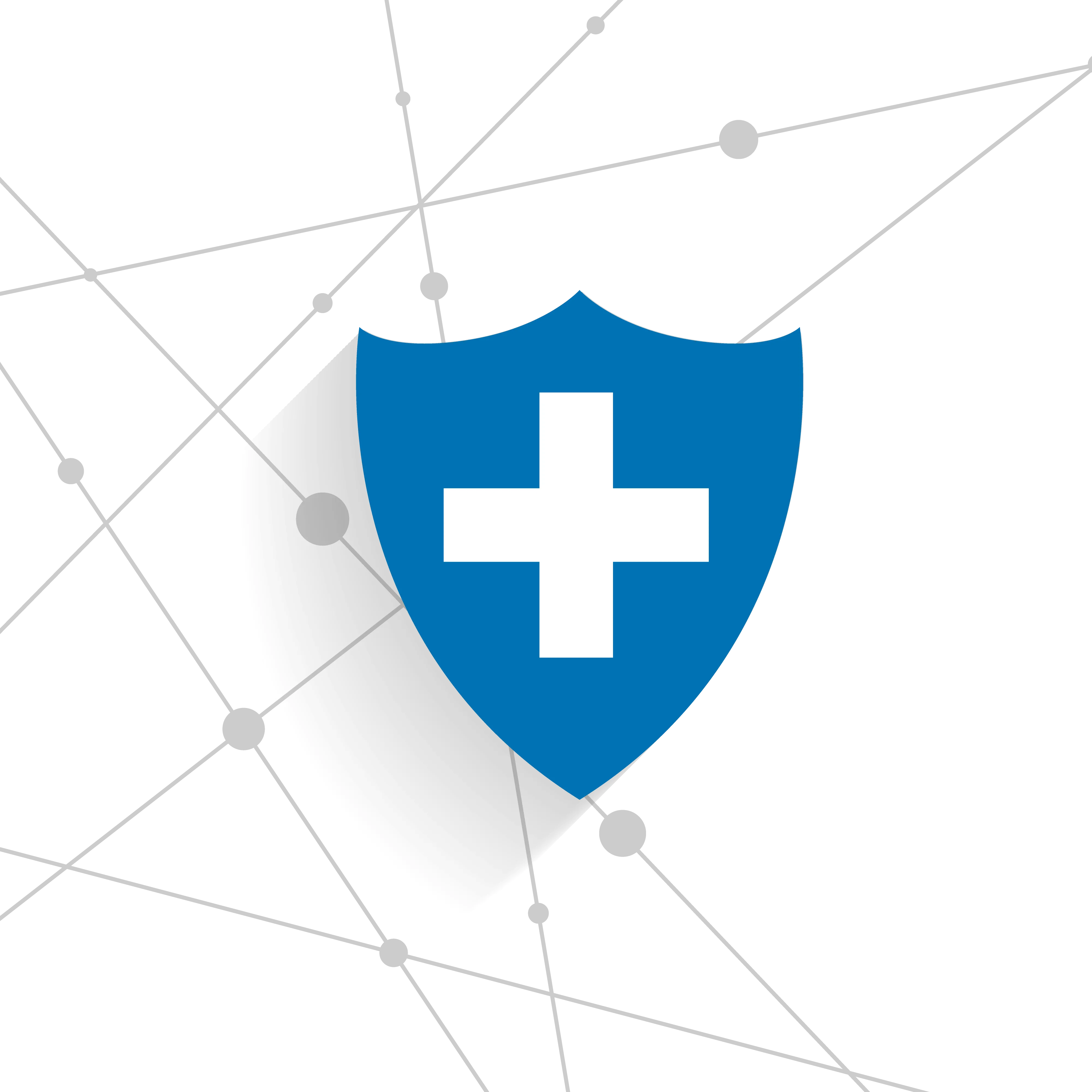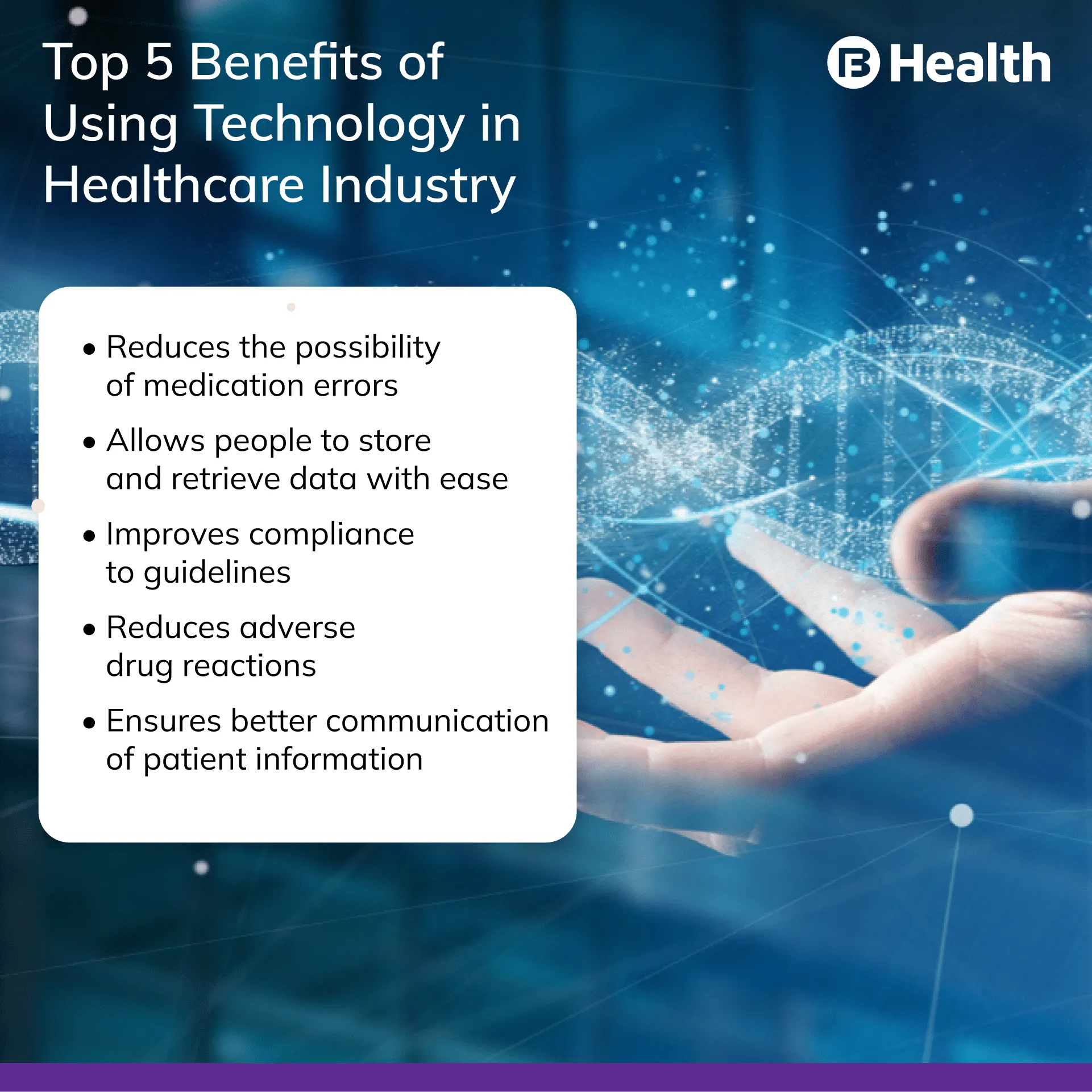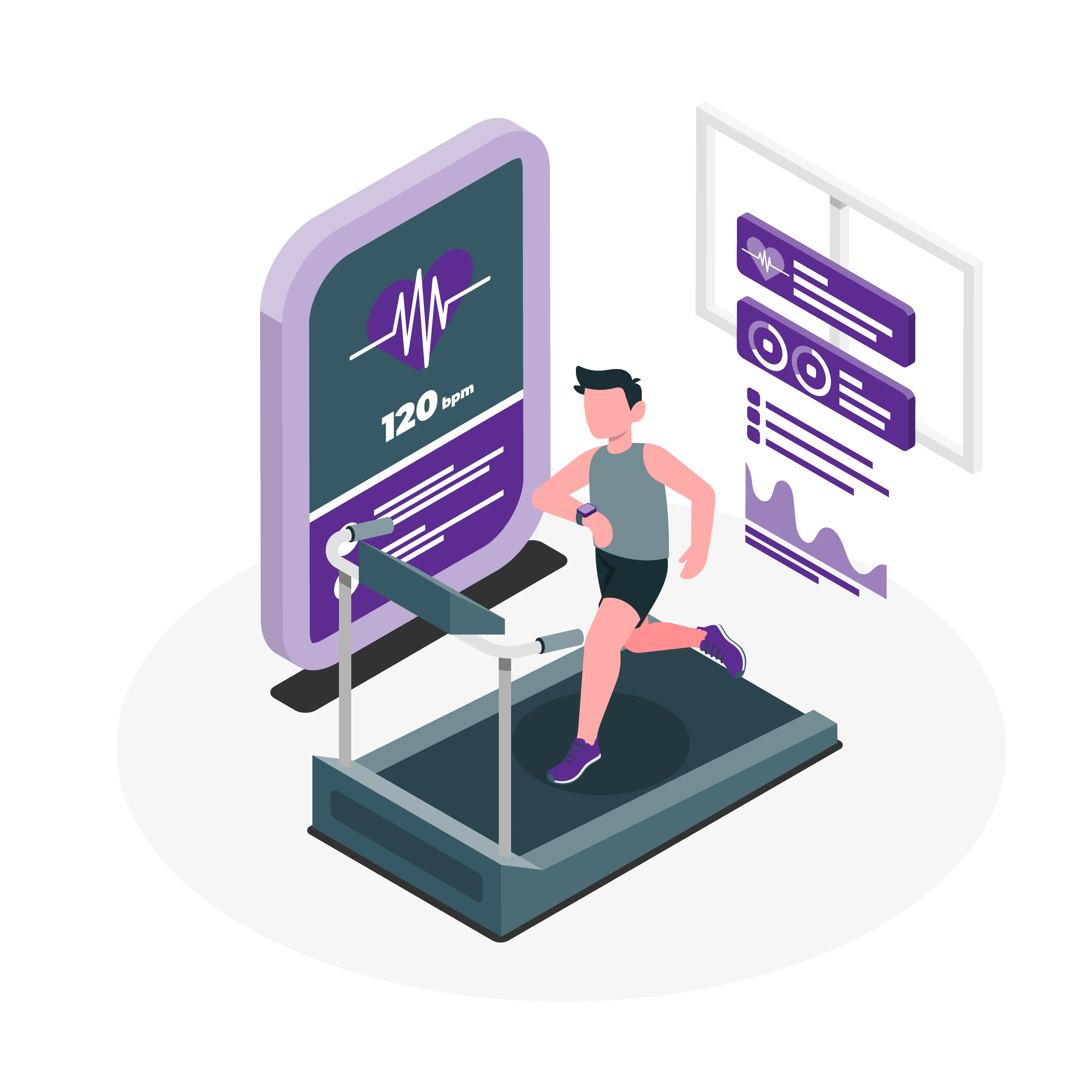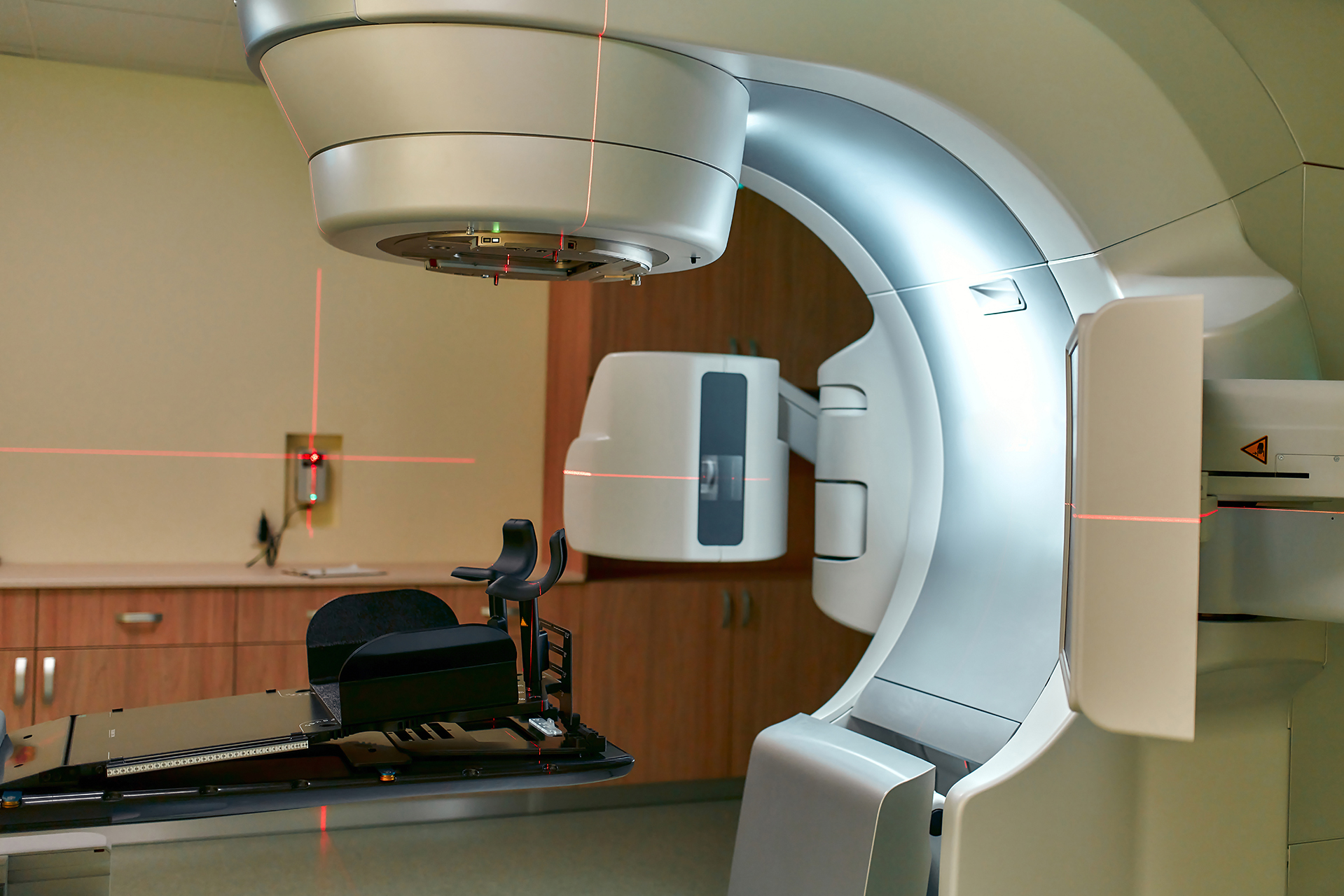General Health | 5 min read
Healthcare technology 2022: Top 5 New Trends In Healthcare Industry To Know
Medically reviewed by
Table of Content
Key Takeaways
- The global pandemic led to the development of some biggest healthcare trends
- Healthcare trends backed by technology help improve treatment and patient care
- AI and automation are parts of the major healthcare tech trends 2022
Technology has been a part of the healthcare industry’s evolution for a long time. But the COVID pandemic that started in 2020 pushed the healthcare sector to adapt as per the paradigm shift that was going on. The push helped bring major transformation and some of the biggest healthcare trends in the year 2021 and the years to come. It also resulted in a shift in the investment made in the healthcare industry. Over the next 5 years, 80% of the healthcare system aims to increase investment in digital health [1]. The estimated rise in investment in healthcare also paves the way for future trends in healthcare technology.
Read on to know about the top 5 trends in healthcare technology 2022.
Training and treatment through extended reality
Extended reality covers all forms of reality; augmented, virtual, and mixed reality. It is one of the healthcare trends that has the potential to transform the healthcare sector. Extended reality places people in an environment that alters their perception. For example, virtual reality (VR) puts a person in a completely virtual environment. It can help train surgeons and doctors but allowing them to get acquainted with the functions of human body without putting anyone at risk. VR can also help in treatment for various conditions by assisting in cognitive behavioral therapy. Mixed or augmented reality (MR/AR) displays virtual elements over the real time elements. AR applications help by allowing doctors to receive real-time information about what they are seeing.
Additional Read: Wearables Improve Health
AI and machine learning for data interpretation
Among the top healthcare tech trends 2022, AI and machine learning can help capture and analyze data from X-rays, MRI or CT scans. They can also do the same for various other sources like information on the spread of illnesses like COVID-19 vaccine distribution. AI can further help interpret genomic data or handwritten notes of doctors.
Apart from these, AI may also be one of the healthcare industry tech trends that can have a major impact on preventative medicine. Preventative medicine focuses on placing the solution before an illness occurs. This may include predictions on hospital readmission rates or where an outbreak of a contagious illness may start. It can also help in prediction of the lifestyle and environment factors that may lead to health conditions. All in all, AI can help create tools that can spot patterns from huge database more accurately.
Personalized medicine
One of the new trends in healthcare industry, personalized medicine is unlike the traditional one-size-fits-all medicine. It can be tailored to an individual level that can help improve the efficacy of the medicine.
Genomics is the study of genes and use of technology that can help map individual genomes. This becomes particularly useful in creating personalized medicine. Apart from genomics, certain AI software can also help predict the exact dose for an individual patient. This can help reduce the adverse effects of wrong dosage and make the medicine more effective. There are also certain tools that can monitor vitals and advise on physical activity, diet, and others factors. As a result, you get a more personalized healthcare solution.
Benefits of healthcare technology

Internet of Medical Things (IoMT)
IoMT is the network of medical devices connected through internet. It is among the top future trends in healthcare because the devices that come under it can help solve a few emerging health issues. It can also help make the healthcare industry more cost effective. With the help of IoMT, the infrastructure costs and time can be cut down by having the non-essential consultation in a remote setting. The highest value of IoMT is the ability to make healthcare accessible and affordable. With this facility, areas that cannot afford full time hospitals can get healthcare, and patients with limited mobility can get consultation remotely.
In 2018, the value of IoMT global was around 44.5 billion and it is expected to grow to 254 billion by 2026 [2]. This makes IoMT one of the emerging and important trend in healthcare technology 2022.
Automation for administrative tasks
Automation is also among the most important and necessary trends in healthcare technology 2022. The global pandemic has already pushed the industry to automate certain administrative process of healthcare. It can help the medical staff focus more on the patients than on the processing of bills, records, and prescriptions. It can also make the work more efficient by cutting down the manual time spent in performing the administrative tasks.
Additional Read: Telemedicine Help You Receive Medical Treatment Remotely
These are some of the most important trends in healthcare technology that can help improve the quality of treatment and care for patients. Some of the latest trends in healthcare technology also allow you to play a more active role for your health. One of the top healthcare tech trends that does this is opting for smart wearables technology. It allows you to gain more insight on your health and the areas that need your focus.
Conclusion
While these digital health trends allow you to track your health, make sure you do not hesitate to contact a doctor when needed. For any of your health concerns, book an appointment on Bajaj Finserv Health. You can also book a teleconsultation to get your health concerns resolved remotely. Make the most of the healthcare technology trends and start taking the necessary steps for better health!
References
Disclaimer
Please note that this article is solely meant for informational purposes and Bajaj Finserv Health Limited (“BFHL”) does not shoulder any responsibility of the views/advice/information expressed/given by the writer/reviewer/originator. This article should not be considered as a substitute for any medical advice, diagnosis or treatment. Always consult with your trusted physician/qualified healthcare professional to evaluate your medical condition. The above article has been reviewed by a qualified doctor and BFHL is not responsible for any damages for any information or services provided by any third party.




